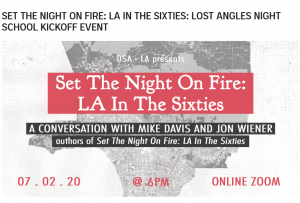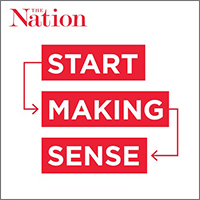 Listen HERE
Listen HERE
Defunding the police and re-imagining public safety—in Los Angeles—starts with the LAPD, but includes the sheriffs, the school police, and the UCLA police force. Kelly Lytle Hernandez comments—she’s a professor of history at UCLA, she wrote City of Inmates, a history of the LA jails, and she’s the recipient of a MacArthur “genius” grant.
Also: it’s time to disarm the police. They didn’t always carry guns, and there are other big cities in the world where most cops are NOT armed—like London. D.D. Guttenplan, editor of The Nation, explains.
Also: Black Lives Matter protests are everywhere, even the most unlikely places: for example, Laramie, Wyoming; Florence, Alabama; and even Vidor, Texas—it’s a former Ku Klux Klan haven that Texas Monthly described as the state’s “most hate-filled town.” Nation contributing writer Zoë Carpenter reports. 7/2/2020
The Coronavirus Spike: David Dayen; Michelle Goodwin: Racism in Mpls.; Ella Taylor: “Babylon Berlin”
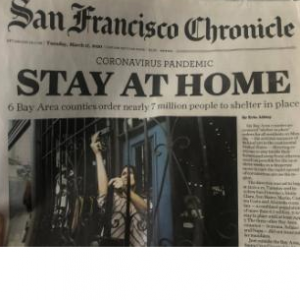 Listen HERE
Listen HERE
As new cases of Covid-19 continue to climb, the price of the drug Remsidivir, which helps reduce hospital stays, was announced: $3,120. Cost to Gilead Pharmaceuticals of production: $10. David Dayen talks about Biden how could cut the price–he’s executive editor of The American Prospect, and writes the daily “Desanitized” blog.
Also: UC Irvine law prof Michelle Goodwin talks about her experience of racism in Minneapolis.
And film critic Ella Taylor discusses “Babylon Berlin,” the German series set against the rise of fascism in Germany in 1929, and Kore-Eda’s new film “The Truth,” starring Catherine Deneuve. 7/2/2020
DSA Event with Meagan Day:Thursday July 2, 6pm Pacific
Kicking off the DSA-LA Political Education Committee’s Night School Series: Lost Angles with a discussion about the working-class radicals who fought the LAPD and the city economic and political elite in the 1960s.
RSVP here.
How Racism Works in a Liberal Democratic City: Michele Goodwin, plus Mia Birdsong on abolishing the police
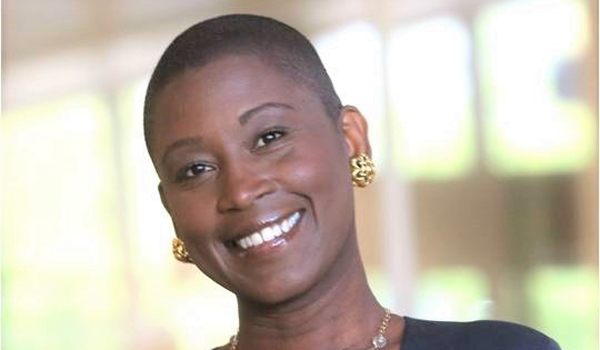 Listen HERE
Listen HERE
Michele Goodwin talks about her experiences of racism in daily life in Minneapolis—before she became Chancellor’s Professor of Law at the University of California Irvine. Also: removing statues from the Capitol Building honoring traitors and defenders of slavery—there’s one that’s been overlooked: Chief Justice Roger B. Taney.
Plus: In the current mobilization around Black lives, everyone can do something, even if it’s not marching in the streets—Mia Birdsong explains. She’s the host of The Nation’s podcast More Than Enough, about universal basic income, and her TED talk has been viewed almost two million times. Now she has a new book out—it’s called How We Show Up: Reclaiming Family, Friendship, and Community. 6/18/2020
Trump After Tulsa: Harold Meyerson; The Police vs. The People: Robin Kelley; Bad Cops in Movies: Ella Taylor
 Listen HERE
Listen HERE
The Trump campaign said that a million people had requested tickets but the Tulsa arena seated only 17,000, so, they set up a big stage outside for the overflow, but only 6,200 people showed up. Is Trump’s base turning away from him, at last? Harold Meyerson of The American Prospect comments.
Also:: UCLA Historian Robin Kelley on the Police vs. the People — and the many communities that continue to suffer under police violence.
Plus: News you can use: film critic Ella Taylor on films about bad cops: especially “LA Confidential” and “Serpico.” 6/18/2020
The Protests, the Police, and Juneteenth: Robin Kelley, plus Dahlia Lithwick on Trump
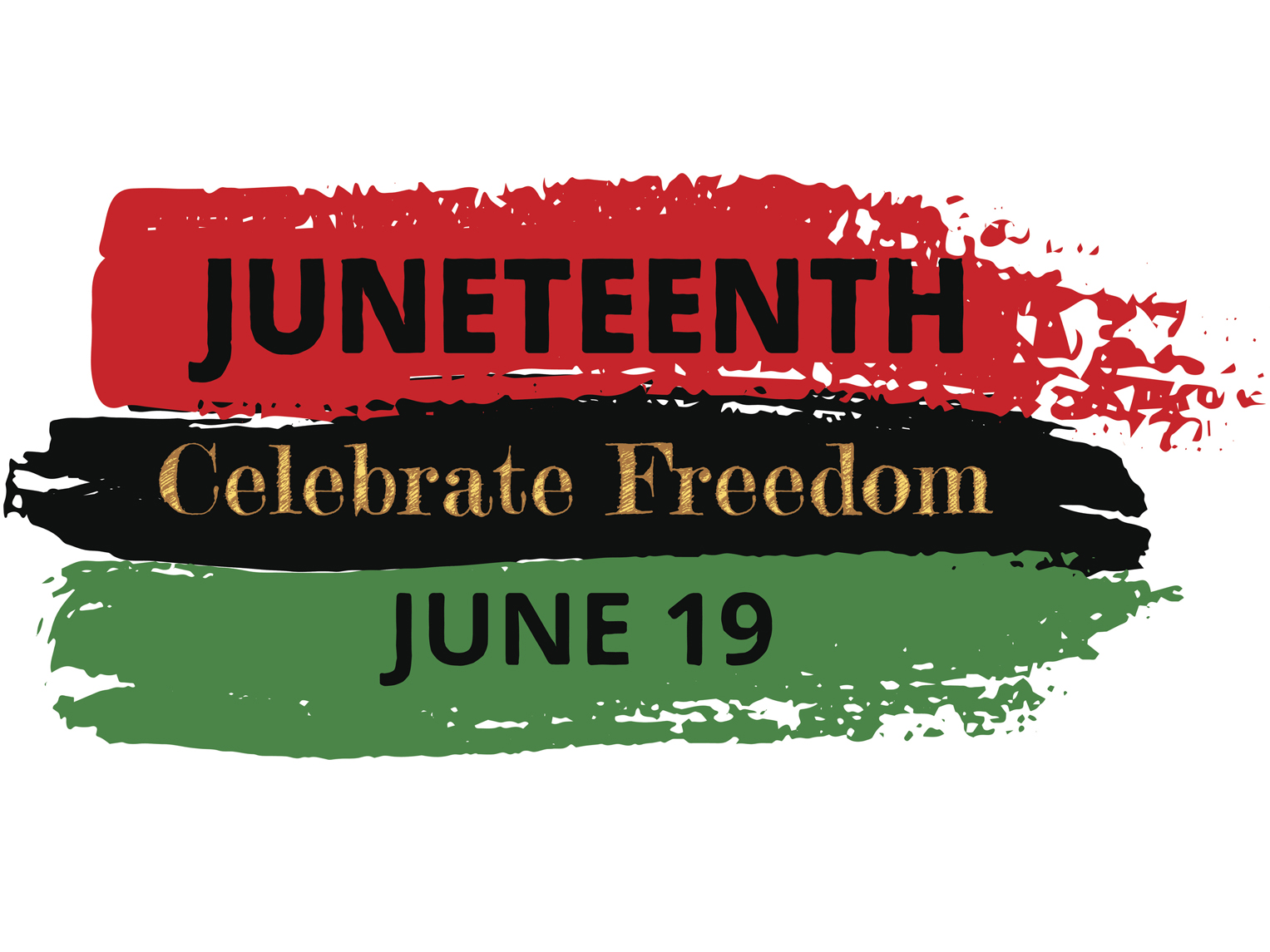 Listen HERE
Listen HERE
Juneteenth, a day of celebration and reflection for African Americans, is particularly significant in this season of protest and demands for change by Black Lives Matter. Historian Robin Kelley comments.
Also: The great thing about the protests of the past month is not just that they have been so massive, so sustained, so diverse, so inspiring—the best thing is that they are NOT about Trump. That’s what Dahlia Lithwick says—she hosts Slate’s podcast “Amicus.” 6-17-2020
The Police vs. the People: Jody Armour; Ivanka Watch: Amy Wilentz; Spike Lee’s Vietnam film: Ella Taylor
Listen HERE
Today’s number one topic is the people and the police. The Democrats have unveiled a new law to reform police everywhere. Jody Armour, professor of Law at USC, comments — his new book is “N*GGA THEORY: RACE, LANGUAGE, UNEQUAL JUSTICE and the LAW” forthcoming in August.
Next up: Ivanka Watch — after using pepper balls and flash bang grenades to clear demonstrators for Trump’s bible photo-op, the White House said that it was Ivanka’s idea — Amy Wilentz reports.
Plus, We can’t go to the movie theaters but we can stream them at home. Spike Lee’s new film “Da Five Bloods” is out now — film critic Ella Taylor comments. 6-18-2020
The People vs. the Police: Jody Armour, plus Amy Wilentz on Ivanka and that Bible
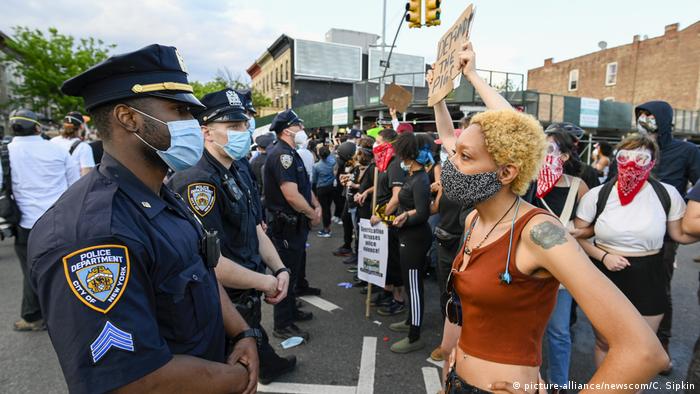 Listen HERE
Listen HERE
Democrats in Congress have introduced legislation to reform police practices nationwide and hold bad cops responsible—while LA has spent decades trying to reform its police force. Jody Armour comments—he’s the Roy P. Crocker Professor of Law at the University of Southern California, and speaks widely on Black Lives Matter and the movement’s agenda. His book N*gga Theory: Race, Language, Unequal Justice, and the Law will be published in August.
Also: Trump’s disastrous walk across Lafayette Square for that bible photo-op outside St. John’s Episcopal Church apparently was Ivanka’s idea—she’s also been tweeting Bible verses. Amy Wilentz, our Chief Ivanka Correspondent, has a report. 6-10-2020
It’s not About Trump: Dahlia Lithwick; America in Revolt: Elie Mystal; Criterion Channel TV: Ella Taylor
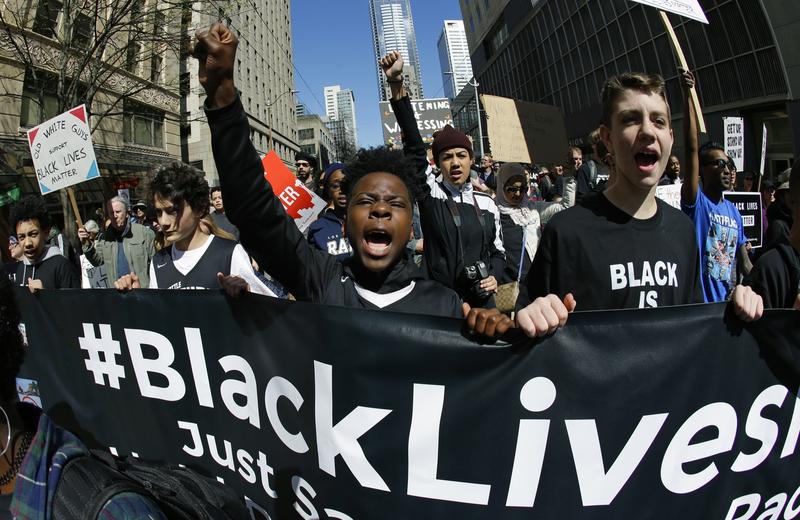 Listen HERE
Listen HERE
“The best thing about the protests during the last few weeks is that they are NOT about Donald Trump,” says Dahlia Lithwick, “they are about us.” She writes about courts and the law for Slate and she hosts the podcast “Amicus”.
Next up: Protests against police violence have been met with more police violence — and Democratic mayors in deep-blue states have failed to stop them — Elie Mystal comments.
Plus: The Criterion Collection has taken down its paywall for a series of films by black filmmakers — Ella Taylor has news you can use with criterion, virus-time TV watching. 6/11/2020
America in Revolt: Elie Mystal, plus John Nichols with Keith Ellison
 Listen HERE
Listen HERE
Across America, protests against police violence are met with more police violence. Elie Mystal talks about the failure of Democratic mayors in deep blue cities to stop their police forces from engaging in racist violence—especially Bill De Blasio in New York City. Elie is The Nation’s Justice correspondent, and writes the magazine’s “Objection!” column.
Also: John Nichols has been speaking with Minnesota’s attorney general Keith Ellison about what has been happening in Minneapolis, and what is to be done about unending police violence against people of color. 6-3-2020
